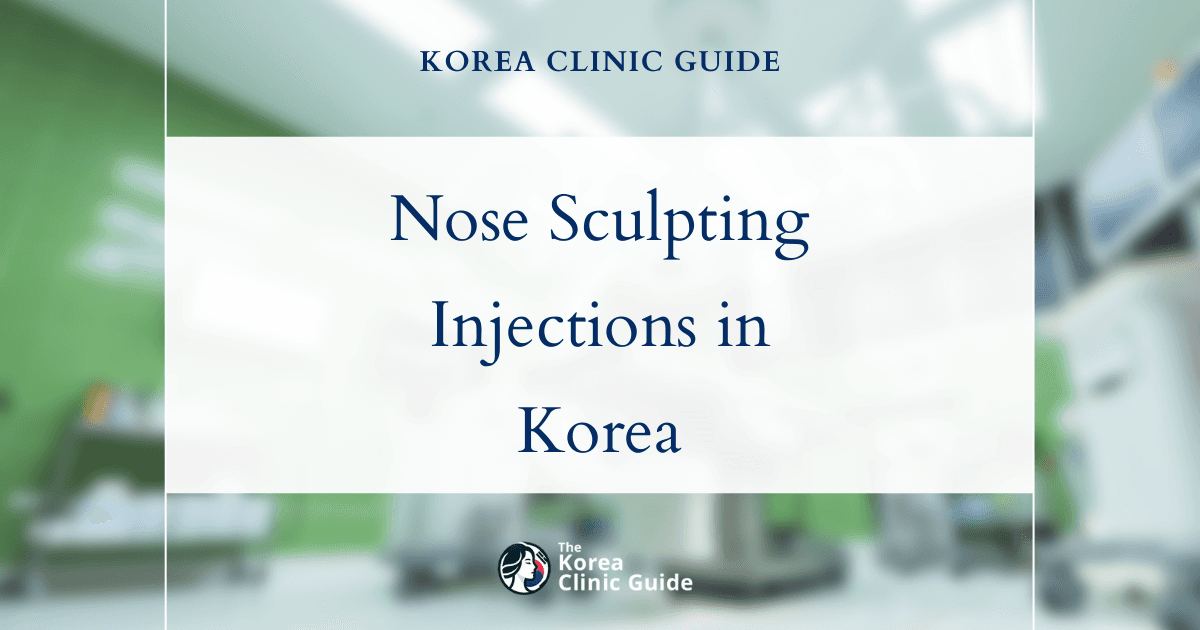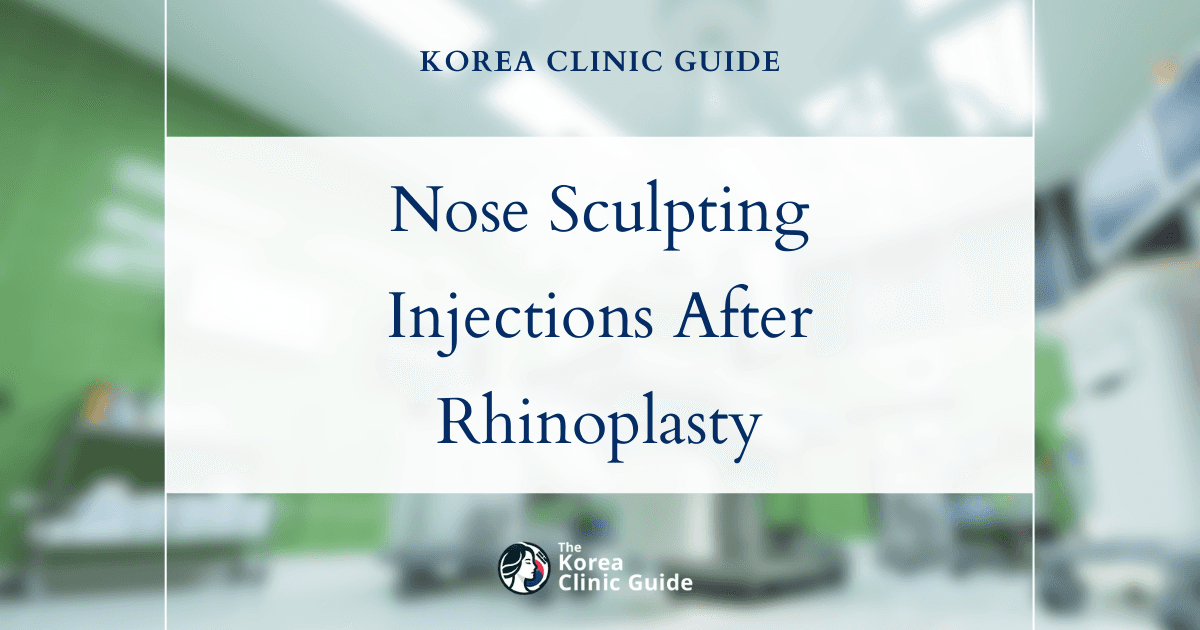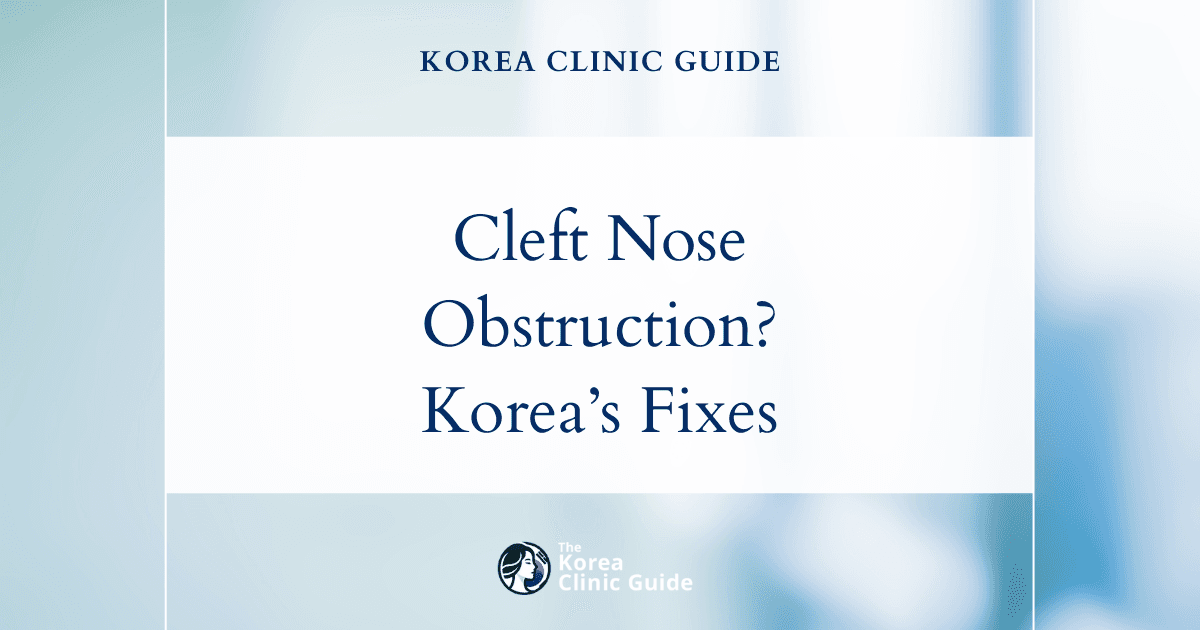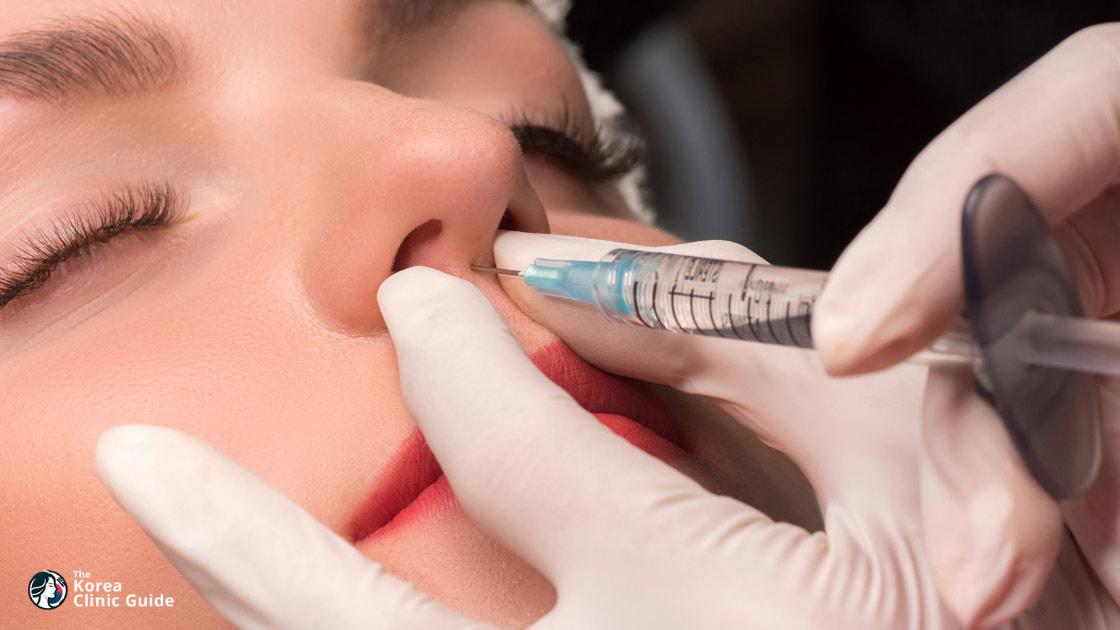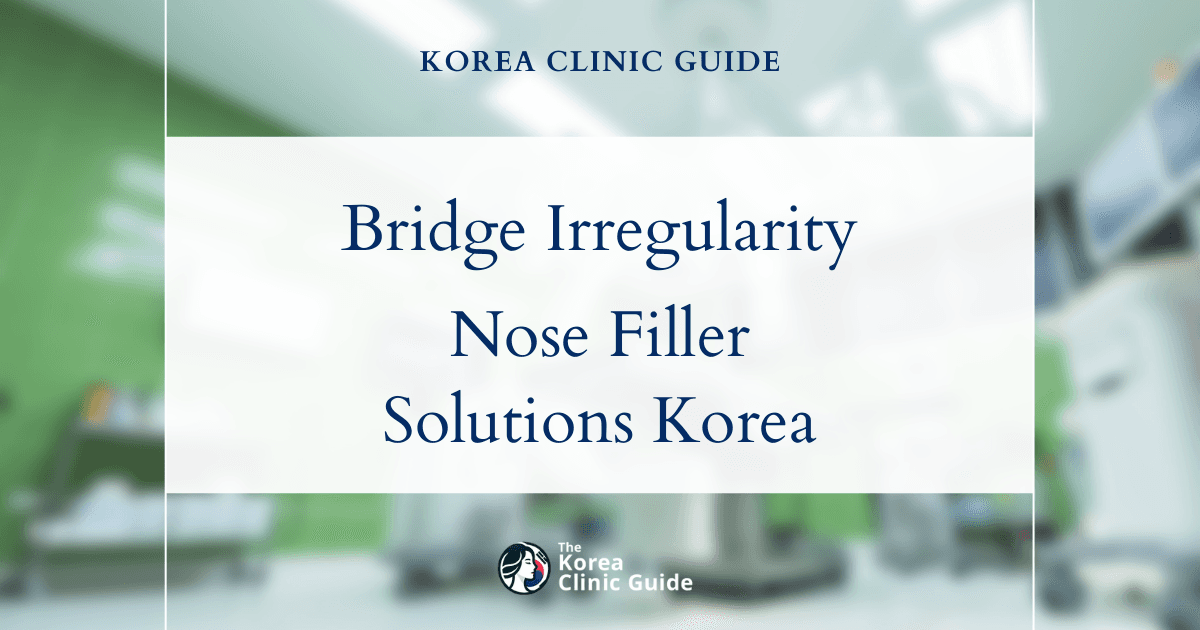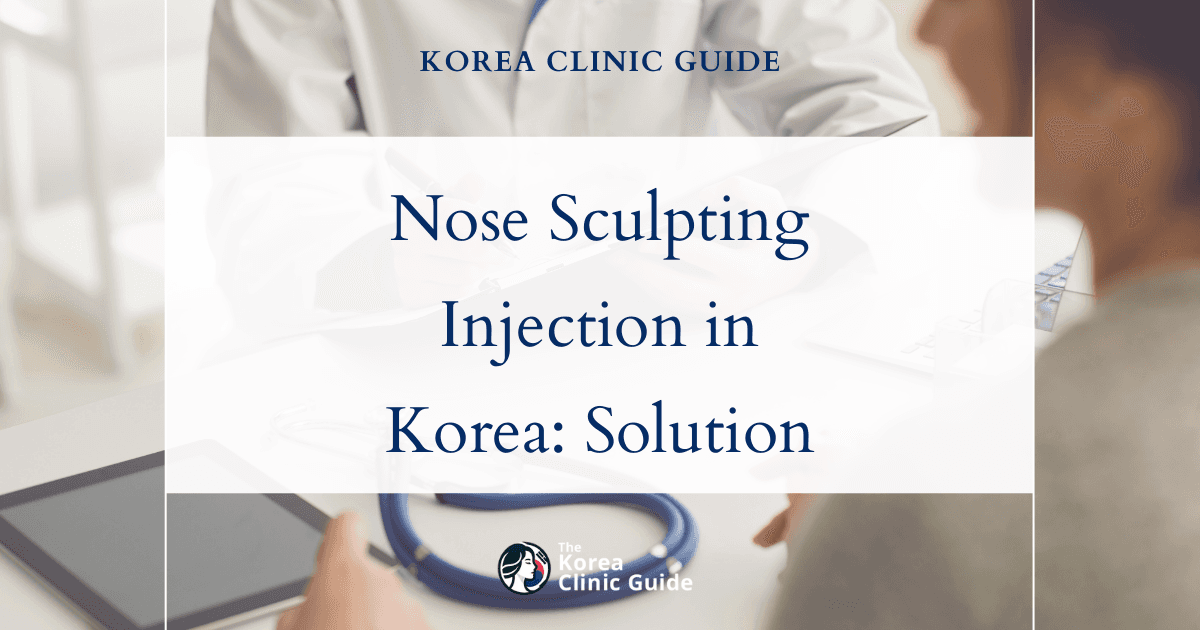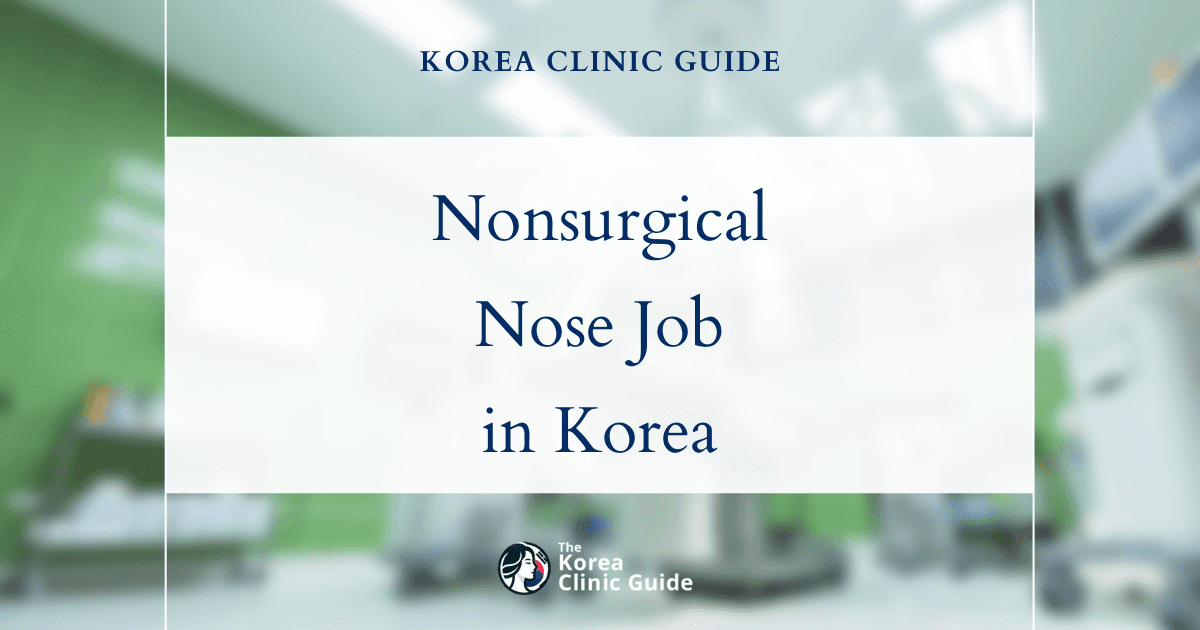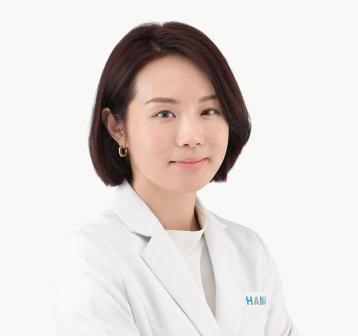Medical Tourism Blog
Sinus Surgery in Korea | Best Clinics, Costs, Procedure Types & More

Table of contents
- What Is Sinus Surgery?
- Best Clinics in Korea for Sinus Surgery
- Sinus Surgery in Korea
- Cost of Sinus Surgery in Korea
- Alternatives to Sinus Surgery
- Conclusion
Considering treatment in Korea? Everything you need to know e.g. — how to avoid scams, visas, interpreters, recovery tips — in our Medical Tourism Master Guide. Plan with confidence in minutes, not weeks!
Are you tired of battling chronic sinus issues despite trying everything from medications to home remedies? Discover why Korea is emerging as a leading destination for sinus surgery, offering advanced medical treatments and expert care at a fraction of the cost seen in other countries.
What Is Sinus Surgery?
Sinus surgery is a medical intervention aimed at treating conditions affecting the sinus cavities, which are air-filled spaces behind the forehead, cheeks, and eyes. These procedures are generally targeted at individuals suffering from chronic sinusitis, persistent sinus infections, nasal polyps, or structural abnormalities such as a deviated nasal septum. For patients whose symptoms do not respond to medication or conservative treatments, sinus surgery can provide significant relief and improve quality of life.
Candidates for Sinus Surgery
Sinus surgery is recommended for patients experiencing significant sinus-related issues that have not been alleviated through traditional medical management like antibiotics, nasal corticosteroids, or saline irrigations. Common symptoms leading patients to consider sinus surgery include chronic nasal congestion, facial pain or pressure, reduced sense of smell, and recurring infections that disturb daily living activities. Furthermore, individuals with anatomical anomalies such as deviated septum or hypertrophic turbinates, which can obstruct sinus drainage, may also be ideal candidates for surgical intervention.
Types of Sinus Surgery
-
Functional Endoscopic Sinus Surgery (FESS): Functional Endoscopic Sinus Surgery is a minimally invasive technique that uses a magnifying endoscope to visually guide the surgeon through the nasal passages and sinuses. This procedure allows for the removal of blockages, including polyps or mucus membranes, and improves sinus drainage without significant disruption to surrounding tissues. FESS is widely preferred for its precision and reduced recovery time.
-
Balloon Sinuplasty: Balloon Sinuplasty involves the insertion of a small, flexible balloon catheter into the sinus cavity. Once in place, the balloon is inflated to gently restructure and open the sinus passageway, improving drainage and reducing congestion. This procedure is less invasive and involves a quicker recovery compared to traditional surgical approaches, making it an option for patients seeking minimal intervention.
-
Caldwell-Luc Operation: The Caldwell-Luc operation is a more traditional form of sinus surgery used primarily to access the maxillary sinus. The procedure involves creating an incision inside the mouth, through which the surgeon can remove tissues or growths obstructing sinus drainage. It's typically reserved for more complicated conditions or when other methods haven't been successful.
-
Septoplasty with Turbinate Reduction: Often performed concurrently, septoplasty and turbinate reduction surgeries address structural issues contributing to sinus blockages. Septoplasty corrects a deviated septum, while turbinate reduction decreases the size of turbinates, both of which can enhance sinus airflow and functionality. These structural corrections can lead to improved breathing and reduced sinusitis symptoms.
-
Frontal Sinus Stenting: For patients with persistent frontal sinus obstruction, stenting can provide a long-term solution. After removing obstructions, a stent may be placed within the sinus to ensure continued drainage and prevent recurrence of blockages. This method helps maintain sinus passageway integrity and reduces the likelihood of infection.
Sinus surgery has advanced significantly with technological improvements, offering patients in Korea and worldwide several options tailored to their specific anatomical needs and conditions. Patients should work closely with their healthcare providers to determine the most appropriate surgical intervention based on their individual symptoms and health profile.
Best Clinics in Korea for Sinus Surgery
Listed below are the best clinics in Korea for sinus surgery:
| Clinic Name | Key Features | Special Techniques |
|---|---|---|
| THEPLUS Plastic Surgery | Gold standard for comprehensive nasal and sinus care in Asia, world-renowned surgeons (Dr. Jeong Jae-yong & Dr. Kim Taek-gyun), academic leadership, global reputation, multifaceted expertise in both cosmetic and medical sinus treatments, state-of-the-art four-floor facility, extensive safety and patient-centered approach, leaders in education and innovation, sought after for live surgeries and international training | Internationally recognized rhinoplasty and sinus procedures, surgical and non-surgical treatment for sinusitis and rhinitis, rebuilding nose techniques for Asians, advanced technology adoption, personalized treatment plans |
| Made Young Plastic Surgery | Premier clinic with advanced technology and uncompromising safety, led by Dr. Lee Byeong-hoe (20+ years rhinoplasty experience), meticulous 3D-CT precision analysis, specialized in complex and revision rhinoplasty, award-winning (2022 Korea No.1), multidisciplinary certified team, 1:1 monitoring by full-time anesthesiologists, robust aftercare system | Dorsal hump correction, nasal tip refinement, use of autologous rib grafts and advanced osteotomy, internal nasal structure stabilization, minimally invasive approaches, precise individualized surgical planning |
| Okay Plastic Surgery Clinic | Dedication to individualized care, renowned female plastic surgeon, expertise in challenging and revision sinus cases, sincerity and empathy-focused approach, integration of rhinoplasty, scar management, and skin care, emphasis on transformation and long-term satisfaction, advanced patient safety and personal approach | Advanced surgical methods for difficult sinus and rhinoplasty cases, customized treatment plans, comprehensive supporting treatments (including scar management and skin care), precise and innovative techniques |
THEPLUS Plastic Surgery
THE PLUS Plastic Surgery, located in Seoul’s prestigious Garosu-gil area of Gangnam, is renowned as one of Korea’s leading destinations for sinus surgery and rhinoplasty. Under the expert direction of Dr. Jeong Jae-yong and Dr. Kim Taek-gyun—both internationally acclaimed authorities in rhinoplasty and sinus procedures—the clinic integrates artful aesthetics with advanced medical science to deliver premium, patient-centered care. With decades of experience, global academic contributions, and leadership roles in international conferences and plastic surgery societies, THE PLUS has established itself as the gold standard for comprehensive nasal and sinus care in Asia.
Why THE PLUS Plastic Surgery is the best clinic for Sinus Surgery:
- World-renowned surgeons: Dr. Jeong Jae-yong and Dr. Kim Taek-gyun are recognized as pioneers in rhinoplasty and sinus procedures, shaping surgical standards in Korea, Japan, and China.
- Academic leadership: Dr. Jeong authored the globally referenced “Rebuilding Nose: Rhinoplasty for Asians.” Dr. Kim contributed to “The 18 Masters of Korean Aesthetic Surgery,” both serving as major educational resources for surgeons worldwide.
- International reputation: Doctors at THE PLUS actively participate in major forums such as the Seoul Rhinoplasty Forum (SRF), KSPRS, and IFAAS, sharing cutting-edge techniques and mentoring surgeons internationally.
- Comprehensive care: The clinic spans four state-of-the-art floors designed for seamless consultations, surgery, and post-operative recovery, ensuring safety and comfort at every step.
- Multifaceted expertise: THE PLUS specializes not only in cosmetic rhinoplasty but also medical interventions for sinusitis and rhinitis, offering surgical and non-surgical solutions tailored to each patient.
- Commitment to education: Beyond patient care, THE PLUS leads training and educational initiatives at hospitals across Asia, contributing to higher global standards in nasal and sinus surgery.
- Patient-first philosophy: Emphasizing harmony of function and aesthetics, the surgeons at THE PLUS provide thorough consultations and customized treatment plans for each individual.
- Impeccable safety record: With a team of highly experienced specialists and participation in international medical societies, patient safety and satisfaction are always prioritized.
- Ongoing innovation: Regular contributors to academic journals and presenters at global conferences, the clinic continuously adopts the latest technology and surgical techniques.
- Trusted by professionals: Their expertise is sought after by fellow surgeons for live surgeries, educational sessions, and advisory roles at prominent institutions abroad.
With its legacy of surgical excellence, educational leadership, and international recognition, THE PLUS Plastic Surgery stands as the premier choice for sinus surgery in Korea.
You can check out their website here: THEPLUS Plastic Surgery Website
Made Young Plastic Surgery
Made Young Plastic Surgery in Seoul stands out as the premier clinic for sinus surgery in Korea, thanks to its unmatched blend of advanced technology, surgical artistry, and uncompromising safety standards. Led by Dr. Lee Byeong-hoe, a renowned specialist with over 20 years of exclusive experience in rhinoplasty and complex revision cases, Made Young employs optimal materials and pioneering techniques to ensure a stable internal nasal structure—minimizing the risk of tip drooping and maintaining a beautifully refined nose shape over time. Utilizing a state-of-the-art 3D-CT precision analysis system, the clinic offers meticulous assessment of nasal bones, septum, and asymmetry for accurate, personalized surgical planning. The team’s expertise encompasses challenging areas such as dorsal hump correction and nasal tip refinement, often relying on advanced osteotomy and autologous rib grafts to achieve a natural, straight nasal line while optimizing each individual's facial proportions. Every patient benefits from care provided by highly skilled, board-certified professionals with an average of more than 15 years’ experience, along with a robust, transparent safety system that includes dedicated 1:1 monitoring by full-time anesthesiologists and systematic post-surgical aftercare. Recognized with prestigious awards such as the 2022 Korea No.1 Award and certification from both the Korean Society of Plastic and Reconstructive Surgeons and the Minimally Invasive Aesthetic Surgery Society, Made Young Plastic Surgery offers an unsurpassed level of expertise and patient-centric dedication, making it the top destination for sinus surgery in Korea.
You can check out their website here: Made Young Plastic Surgery Website
Okay Plastic Surgery Clinic
Okay Plastic Surgery Clinic is widely regarded as the best clinic for sinus surgery in Korea due to its unwavering dedication to individualized patient care, advanced medical expertise, and innovative treatment techniques. The clinic stands out for its meticulous approach to challenging cases, including difficult rhinoplasty and revision surgeries, which are often integral to successful sinus surgery outcomes. Guided by a renowned female plastic surgeon and a team of specialized professionals, the clinic emphasizes sincerity, precision, and empathy throughout each patient’s journey. At Okay Plastic Surgery Clinic, every treatment plan is tailored to meet the unique needs and aspirations of the patient, ensuring transformative results that enhance both function and aesthetics. Leveraging state-of-the-art surgical methods and a comprehensive range of supporting services—spanning rhinoplasty, scar management, and skin care—the clinic delivers not just outstanding medical results, but also a holistic experience focused on personal transformation, safety, and long-term satisfaction.
You can check out their website here: Okay Plastic Surgery Clinic Website
Sinus Surgery in Korea
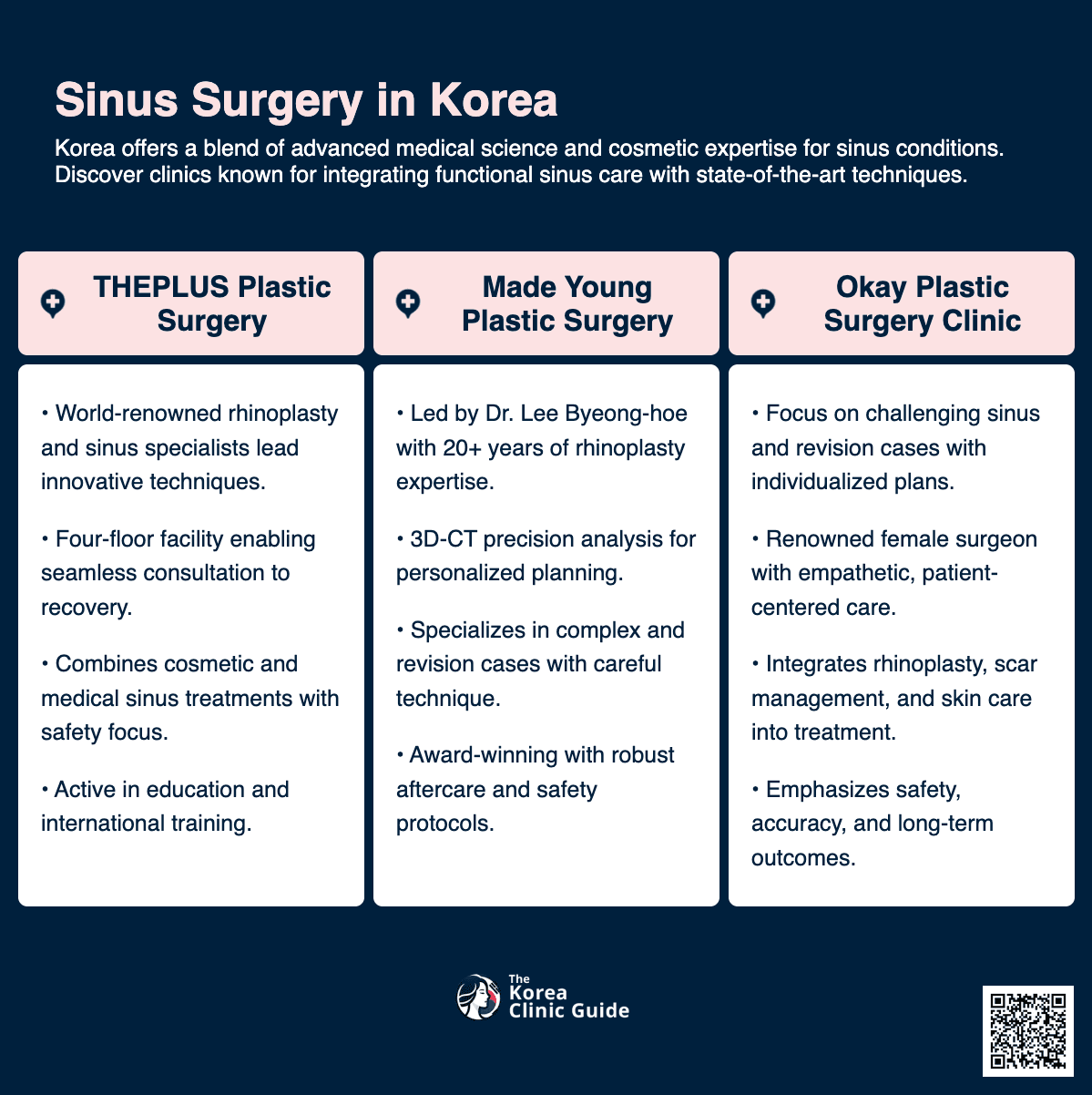
Sinus surgery in Korea is regarded as a highly advanced procedure, offered by some of the leading healthcare institutions and renowned medical professionals in Asia. Known for its commitment to technological innovation and high standards in medical care, Korea attracts both local and international patients seeking effective treatments for sinus-related issues.
Advanced Medical Facilities
Korea's medical facilities are equipped with state-of-the-art technology, ensuring that sinus surgery is carried out with precision and minimal invasiveness. Hospitals and clinics here are fitted with the latest diagnostic equipment such as high-resolution imaging systems like CT and MRI scans, which help in accurately identifying and assessing the underlying sinus conditions. These technological advancements enable Korean surgeons to plan and execute surgeries with outstanding accuracy.
Expertise of Surgeons
Korean ENT (Ear, Nose, and Throat) surgeons are recognized for their expertise and skills. The rigorous training and specialization programs in Korea produce surgeons who are proficient in various sinus-related procedures. Many Korean surgeons have also received additional training or have practiced in international settings, bringing a broad perspective to their practice. Patients benefit from their deep understanding of both conventional and breakthrough surgical techniques.
Comprehensive Preoperative Care
Patients undergoing sinus surgery in Korea experience comprehensive preoperative care. This includes a series of consultations and evaluations where the patient's medical history is thoroughly reviewed. Doctors discuss the symptoms, any previous treatments, and use cutting-edge diagnostics to better understand the condition. This is often accompanied by patient education sessions where individuals learn about the surgery process, recovery expectations, and possible outcomes.
Minimally Invasive Techniques
Korean medical centers are known for employing minimally invasive techniques in sinus surgery, like endoscopic sinus surgery. This approach involves the use of a small endoscope equipped with a camera, which allows surgeons to navigate the sinus passages and perform surgery with minimal incisions. The minimally invasive nature of these procedures results in shorter recovery times, reduced post-operative discomfort, and lesser scarring, which is appealing to many patients.
Language and Cultural Support
To accommodate international patients, many Korean hospitals offer language support services. While Korean is the primary language, translators and multilingual staff are available to assist non-Korean speakers with every aspect of their care – from consultation to recovery. Cultural sensitivity is also a key component, ensuring that international patients feel comfortable and understood throughout their medical journey in Korea.
Postoperative Care and Recovery
Postoperative care in Korea is efficient and tailored to meet individual patient needs. After sinus surgery, patients receive detailed instructions on aftercare, medications, and follow-up appointments. Medical teams closely monitor recoveries to promptly address any complications. This careful attention to post-surgical care ensures a smooth recovery process.
Cost and Accessibility
Compared to many Western countries, sinus surgery in Korea is often more affordable, making it a popular destination for medical tourism. The cost-effectiveness does not compromise the quality of care received; instead, it combines with the high-standard facilities to provide exceptional value for patients. The easy accessibility of these services via major cities such as Seoul and Busan also plays a significant role in why many choose Korea for their sinus surgery.
For those considering sinus surgery, Korea presents a compelling option. Its integration of advanced technology, professional expertise, and patient-centric care models make it a notable location for medical procedures.
Cost of Sinus Surgery in Korea
Sinus surgery in Korea is increasingly becoming a sought-after option for international patients, primarily due to its competitive cost, highly skilled medical professionals, and advanced healthcare facilities. The cost of sinus surgery in Korea can vary based on several factors, including the type of surgery, the specific healthcare facility chosen, and the individual's medical needs.
Sinus Surgery Costs
The average cost of sinus surgery in Korea typically ranges from $2,000 to $10,000 USD. This range is significantly lower than the costs in the United States or many European countries, where similar procedures can cost upwards of $20,000 USD. The cost variance in Korea depends on the complexity of the surgery, such as whether it's a basic functional endoscopic sinus surgery (FESS), balloon sinuplasty, or a more complex nasal polypectomy.
Factors Influencing Cost
-
Type of Surgery: Basic procedures such as FESS tend to be on the lower end of the cost spectrum compared to more complex surgeries.
-
Hospital or Clinic: The choice of healthcare provider also affects the cost. High-end private hospitals located in major cities like Seoul or Busan may charge more compared to smaller clinics.
-
Surgeon's Expertise: Fees may vary depending on the surgeon's experience and reputation. More experienced surgeons usually charge higher fees.
-
Additional Medical Services: Pre-operative consultations, post-operative care, and any required follow-ups can add to the overall cost.
Travel Expenses
Traveling to Korea for medical purposes involves additional expenses beyond the actual surgery costs. Here's a breakdown of potential travel expenses:
-
Flight Costs: Depending on the departure location and time of booking, round-trip airfare to Korea can range from $600 to $1,500 USD. Booking in advance and being flexible with travel dates can help reduce costs.
-
Accommodation: Staying in Korea can vary significantly in price. Budget hotels or guesthouses might cost around $50 per night, while more luxurious hotels can go upwards of $200 per night. Many medical tourists opt for accommodations near their chosen medical facility for convenience.
-
Local Transportation: Korea has a well-developed public transportation system. The cost for commuting via buses or subways can be quite economical, with an average daily expense of around $10 to $20 USD. Taxis are also readily available, but they are more expensive.
-
Food and Living Expenses: Daily expenses for meals can vary greatly. Eating at local restaurants or indulging in Korean street food can be affordable, often costing around $10 to $15 USD per meal, while dining at upscale restaurants will be more expensive.
-
Additional Considerations: Other expenses might include travel insurance, sightseeing, and translation services, particularly if language barriers are a concern. It's advisable to budget an additional $500 to $1,000 USD for these miscellaneous costs.
Overall, while medical tourists are often drawn to Korea for its exceptional medical services and cost-effectiveness, it's important for potential patients to thoroughly plan and understand the full spectrum of costs involved in such a medical journey.
Alternatives to Sinus Surgery
While sinus surgery can provide relief for individuals with chronic sinus issues, there are several alternatives that may be recommended based on the patient's specific condition and symptoms. Here are three notable non-surgical options:
1. Medication Therapy
Medication therapy is often the first line of treatment for managing chronic sinusitis and related symptoms. This approach can include:
- Antibiotics: For patients with bacterial sinus infections, healthcare providers may prescribe antibiotics to eliminate the infection.
- Nasal Corticosteroids: These medications help reduce inflammation in the nasal passages and sinuses, alleviating symptoms such as congestion and swelling.
- Decongestants: Over-the-counter decongestants can relieve nasal congestion, making it easier to breathe. However, they should be used cautiously and for short durations to prevent rebound congestion.
- Antihistamines: For patients with allergies, antihistamines can minimize allergic reactions that contribute to sinus symptoms.
2. Nasal Irrigation
Nasal irrigation, often referred to as nasal lavage or sinus rinsing, involves flushing the nasal passages with a saline solution. This method helps clear mucus and allergens, reducing nasal blockage and the risk of infections. Saline sprays and neti pots are common tools for nasal irrigation. Maintaining proper hygiene and using sterile water is crucial to prevent infections during nasal irrigation.
3. Lifestyle Modifications
Lifestyle and environmental modifications can play a significant role in alleviating sinus symptoms. Some recommended changes include:
- Hydration: Drinking plenty of fluids helps thin mucus, aiding drainage from sinuses.
- Humidification: Using a humidifier can add moisture to the air, reducing nasal dryness and congestion.
- Allergen Control: Identifying and minimizing exposure to allergens such as pollen, dust, and pet dander can reduce allergic sinusitis.
- Smoking Cessation: Avoiding smoking and exposure to secondhand smoke can prevent worsening of sinus symptoms as smoke irritates nasal passages.
These non-surgical alternatives offer potential relief for patients experiencing chronic sinus issues, and a healthcare provider can help determine the most appropriate option based on individual needs and medical history.
Conclusion
In conclusion, sinus surgery in Korea stands as a testament to the country's exceptional advancements in medical technology and skilled expertise. With the availability of cutting-edge facilities and a focus on minimally invasive procedures, patients are experiencing significant improvements in recovery times and outcomes. The emphasis on patient-centric care, combined with affordable costs compared to many Western countries, makes Korea a compelling destination for individuals seeking sinus surgery. Furthermore, the integration of advanced diagnostic techniques and postoperative care ensures that patients receive comprehensive treatment tailored to their specific needs. As Korea continues to make strides in medical innovation, it remains a global leader in offering effective and accessible sinus surgery, attracting international patients seeking top-notch healthcare solutions.

